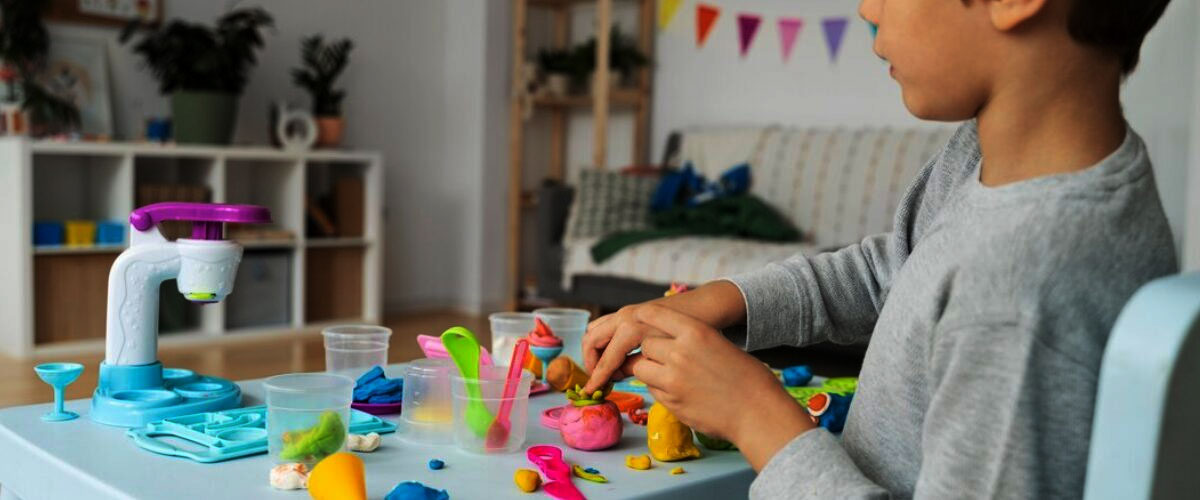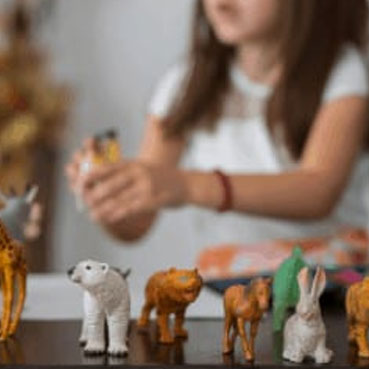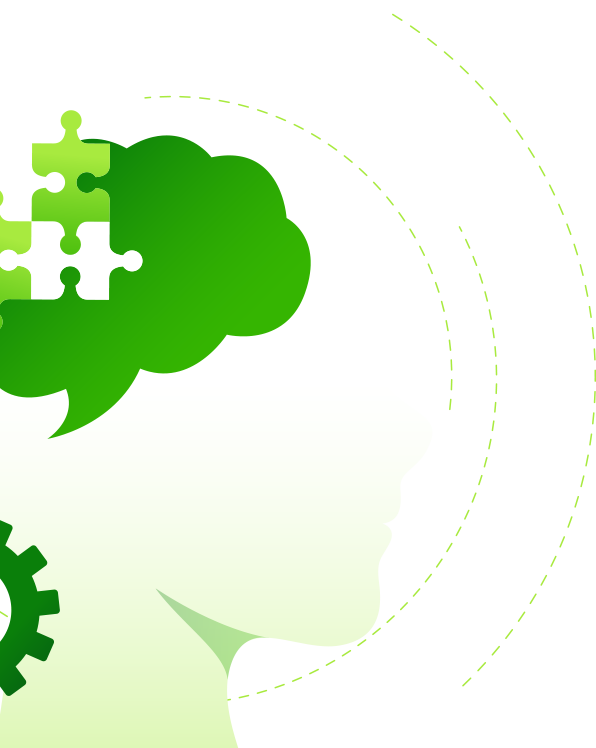Improved Social Skills
Play Therapy

Play therapy can be an effective method for diagnosing emotional or behavioral issues in children. It support child's healing from trauma or behavioral issues at home
Play therapy: What is it?
Youngsters between the ages of 4 and 14 benefit most from play therapy, a therapeutic strategy that is mostly employed with youngsters. Even though children’s mental health issues might be as complicated as those of adults, if not more so, they frequently struggle to participate in therapies intended for the elderly. A young child’s vocabulary or language skills might not be sufficient to discuss the problems they are facing, and if they have previously experienced trauma from an adult authority figure, they might initially struggle to accept and trust a new adult authority figure.
Typically, speaking youngsters between the ages of three and eleven use it. It gives individuals the opportunity to gradually process their emotions and experiences at their own time, which promotes healing.
How Can It Help My Child?
Play therapy can be an effective method for diagnosing emotional or behavioural issues in children. It provides a safe environment with various toys that promote role-playing, such as dolls and vehicles. The therapy is non-directive, allowing children to express themselves freely while therapists observe and assess their play behaviours and interactions.
Additionally, directed play can help children replace inappropriate behaviours with more positive ones, similar to cognitive behavioural therapy. By integrating elements of cognitive behavioural therapy into play therapy, the therapeutic experience can be enhanced.
Cognitive Behavioral Play Therapy (CBPT) is a therapeutic approach that can serve both preventative and skill-building purposes, such as enhancing social and organizational skills. It is particularly beneficial for addressing various conditions, including separation anxiety, general anxiety, trauma, sleep disorders, and conduct disorders.

Play therapy is especially crucial for children who have experienced trauma.
Trauma can result from various factors, such as experiencing or witnessing an accident, the loss of a loved one, or any form of abuse—whether sexual, physical, or psychological. Traumatized children may find value in both directive and non-directive therapeutic approaches, which help them process their emotions and begin the healing journey. Play therapy has been shown to help children with various issues by allowing them to express themselves and process challenges through play. It can also enhance communication in family therapy, offering insights into family dynamics. Additionally, parents can learn basic skills to support their child's healing from trauma or behavioral issues at home.
-
-
Decreased problems with daily living
-
Increased sense of joy and contentment
-
Enhanced Emotional Regulation
-
Development of Creative Problem-Solving
-
Improved Communication Skills
Why Choose
Psycology Center?
Where Can I Find Play Therapy in London & the UK?
If you would like to discuss play therapy or if you have concerns about the treatment needs of your child or family, please contact the Harmony Wellness Clinic. You can reach us via WhatsApp at +447976755497, or you can email us at office@harmonywellnessgroup.co.uk, or book an appointment online.

Let’s open your heart story to us, We’ll listen to you



